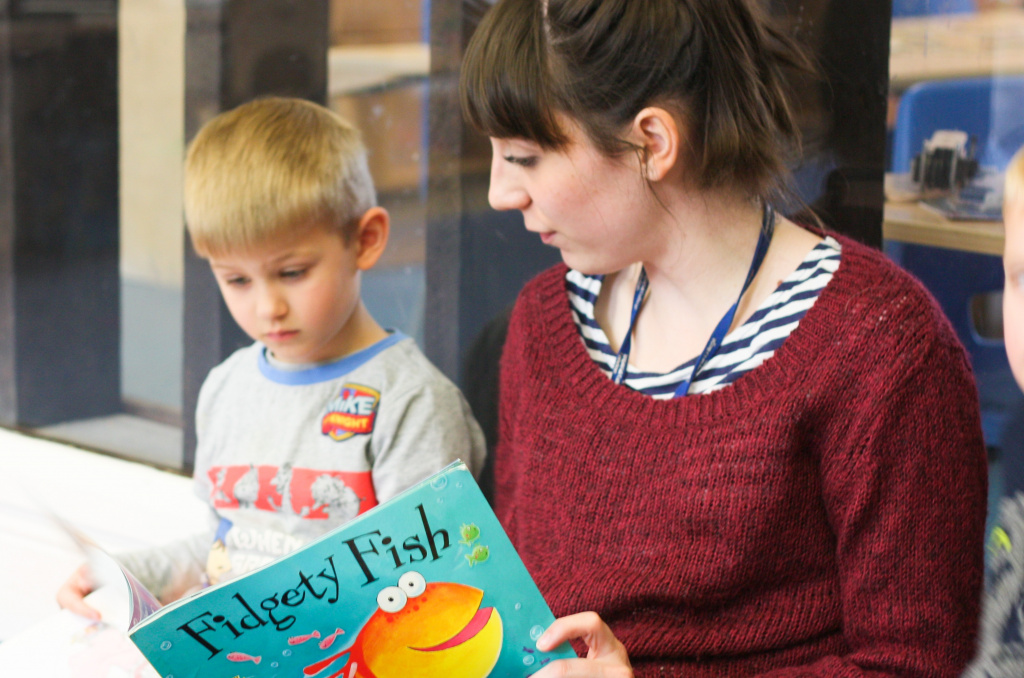
There have been huge changes in SEND policy in recent years, and practice must adapt accordingly. Technology is playing an increasingly important role and settings are finding that it provides new opportunities for enhancing SEND provision.
In January 2015, a new Special Educational Needs and Disabilities (SEND) Code of Practice came into force, revising the Code issued in September 2014. The previous Code had been in force since 2001, and parents and practitioners were well aware of its provisions and, in some areas, its shortcomings.
The Children and Families Act 2014 was heralded as a new dawn for SEND policy and practice. The ensuing Code of Practice takes the children and young people it covers through to 25, rather than 18, and has enshrined key principles surrounding inclusion. It has a strong focus on placing the child or young person with special educational needs (SEN) or disabilities at the centre of all planning. This can place particular stresses on early years practitioners, who are often supporting children who have difficulty communicating their thoughts and wishes. The Code of Practice notes its key principles as including:
- taking into account the views of children, young people and their families
- enabling children, young people and their parents to participate in decision-making
- collaborating with partners in education, health and social care to provide support
- identifying the needs of children and young people
- making high quality provision to meet the needs of children and young people
- focusing on inclusive practices and removing barriers to learning
- helping children and young people to prepare for adulthood.
Early years settings have a responsibility to amend their own policies and practices to comply with the new Code of Practice, and ensure they support children with SEN or disabilities fully. One key change, as already noted, is the extension of the code to cover young adults to the age of 25. While this may initially seem of little relevance to early years settings, the Code notes that the best outcomes will only be achieved if end goals are observed from the outset. Socialisation and independence are therefore of enhanced importance in complying with the new Code, and early years settings should embed this in all of their policy and practice.
Early intervention has been proven to be crucial in providing effective support for children with SEND. Settings are encouraged by local authorities, Ofsted and charities, such as Achievement for All, to contribute to the recognised impact that early focus brings. The recent ‘Super-parenting’ study published in The Lancet demonstrates how early intervention can address some of the effects of autism, and contribute to achieving the best outcomes for these children. Technology can assist in these efforts – in the case of the ‘Super-parenting’ study, the child and parents were filmed and then reviewed. With expert input, parents were able to learn when their seemingly non-communicative children were trying to interact, and the results are very positive.
How children are learning has also been going through a technological revolution. Practice in early years settings is constantly evolving but, in recent years, it has really focused on approaches to children and the practitioner’s methods. Now however, as young children are increasingly engaged with technology from a very early age – whether through passive interaction such as watching their favourite characters on TV, or choosing to spend their time playing games on a tablet device or computer – questions arise over whether early years settings should be changing their provision. In addition, children with SEN or disabilities frequently demonstrate understanding of how to manage and manipulate computer games or tablets that belies their apparent understanding of the world around them.